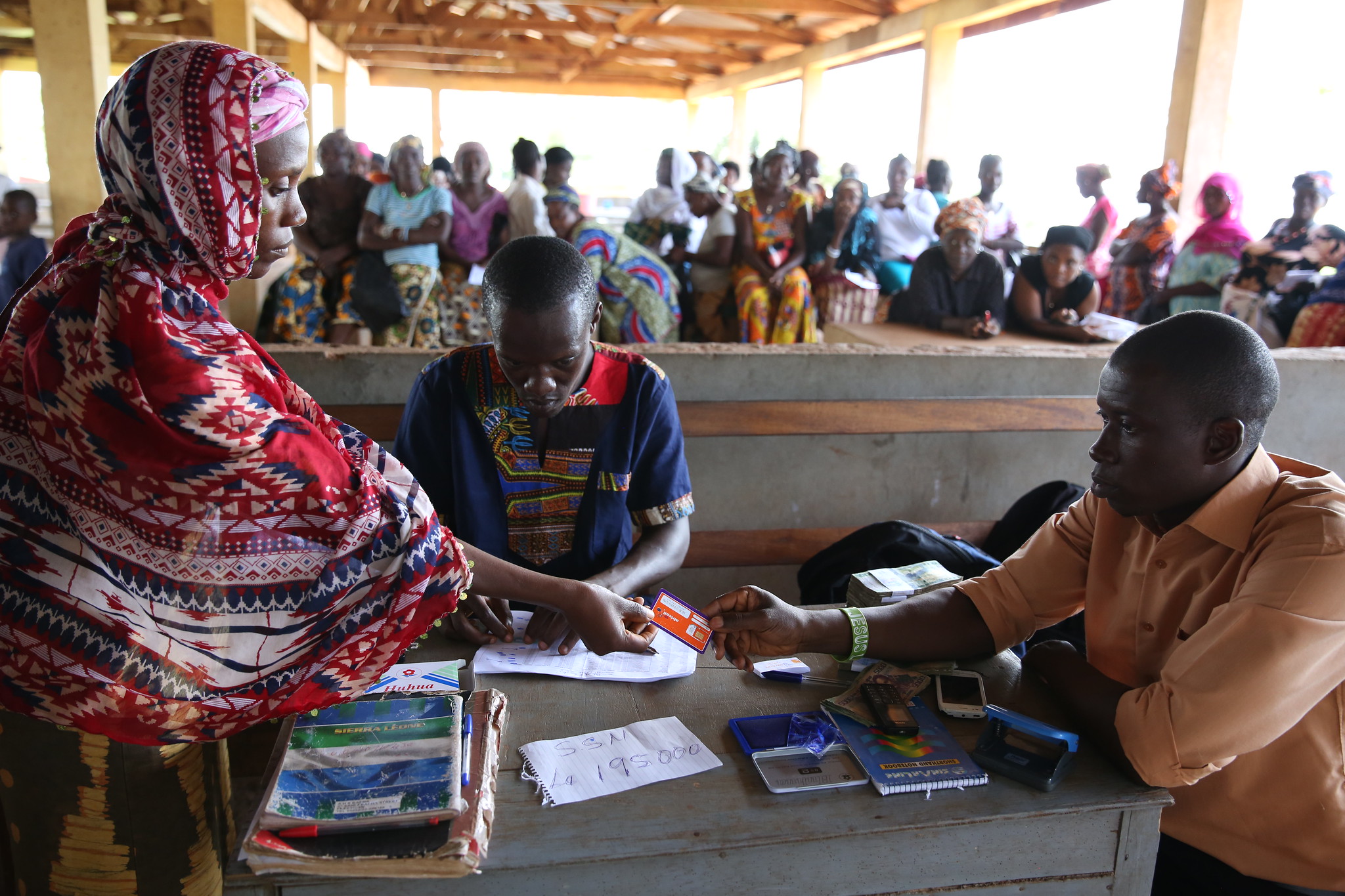The Effect of Cash Transfers on Intimate Partner Violence

Freetown, Sierra Leone on June 21, 2015. Photo credit: Dominic Chavez/World Bank
Policy Context
Cash transfers are increasingly used as a poverty-alleviation strategy to motivate behavior change and improve outcomes related to HIV prevention and care. Mounting evidence suggests that offering cash transfers to people living with HIV can increase antiretroviral therapy (ART) adherence and reduce viral load, while mitigating the detrimental consequences of poverty by partially offsetting financial barriers to care. Additional evidence indicates that economic interventions for women in low- and middle-income countries (LMICs) can lead to reductions in intimate partner violence (IPV) or IPV-risk behavior among male partners. Given the relationship between IPV and HIV, and their high rates of co-occurrence in LMICs, this study seeks to better understand how cash transfer interventions – often implemented solely as a poverty-alleviation strategy to improve HIV outcomes – also affect IPV.
Study Design
This study leverages a National Institutes of Health-funded cluster-randomized trial led by CEGA affiliated faculty Sandi McCoy, investigating the impact of cash transfers on HIV outcomes in Tanzania. Hemono (Epidemiology, UC Berkeley) conducts follow-on data collection and an intent-to-treat analysis to measure the effect of cash on IPV among HIV-positive women patients. Patients in thirty-two health clinics (n=1,984) are randomized 1:1 to receive the standard of care or a 6-month cash transfer, conditional on clinic attendance, for patients initiating antiretroviral therapy.
Results and Policy Lessons
Results forthcoming.

